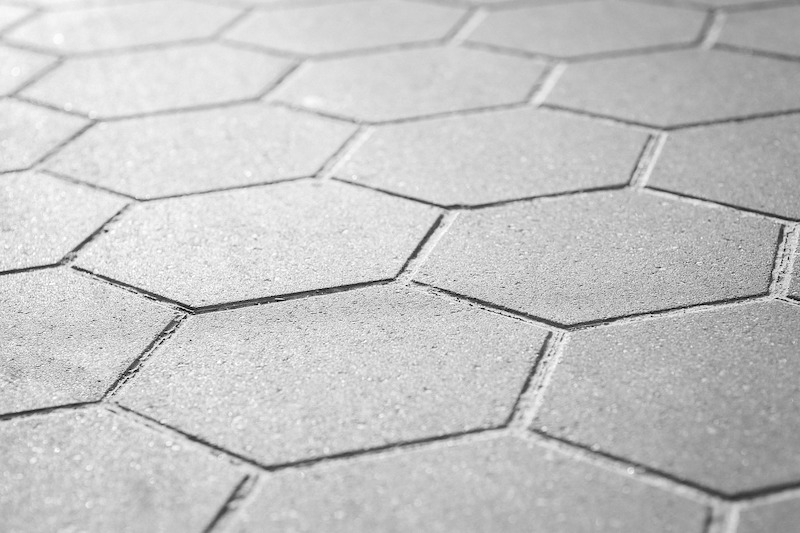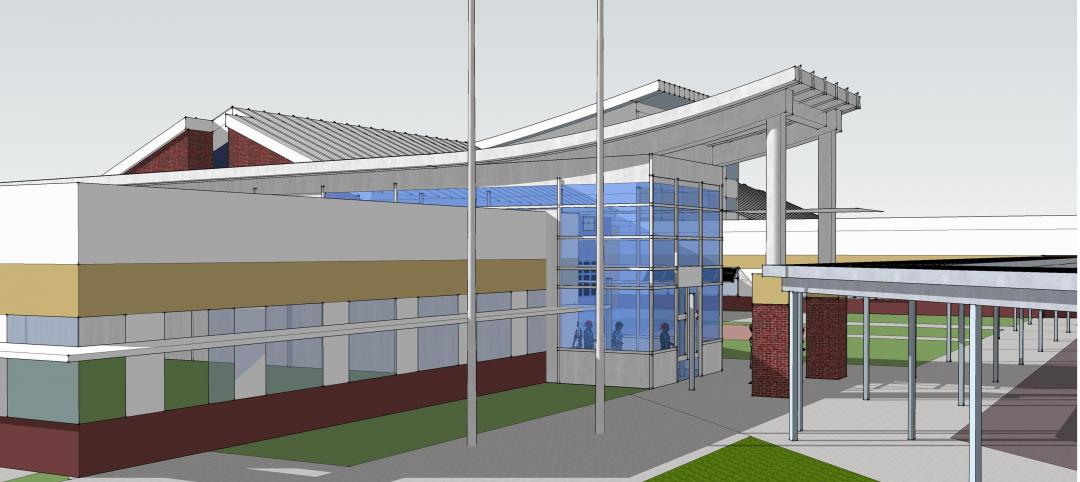Cool pavements—reflective coatings or additives applied to concrete and asphalt—could have an unfortunate byproduct.
New research conducted in Los Angeles’ San Fernando Valley examined the impact of pavements that had been mixed with a reflective additive. The finding: reflected energy from sunlight can make people walking on the pavement significantly hotter.
According to a researcher’s sensors, on a hot, dry day, a pedestrian could feel more than 7 degrees warmer on a “cool pavement,” compared to how he or she would feel on a standard blacktop. The standard dark pavement stores some of the energy and converts it into heat, while the cool pavement reflects more energy.
Studies support the notion that reflective surfaces can reduce the heat island effect by a few degrees in urban areas, but at least in the brightest times of the day, they can make people walking on them feel hotter. Since 2015, Los Angeles has covered about 50 city blocks in reflective coatings and seals, and plans to continue with this initiative.
Related Stories
| May 25, 2012
Study: Safety inspections don’t hurt the bottom line
A new study suggests that random safety inspections by regulators help reduce injury claims without hurting profits.
| May 24, 2012
2012 Reconstruction Awards Entry Form
Download a PDF of the Entry Form at the bottom of this page.
| May 17, 2012
New standard for Structural Insulated Panels under development
ASTM International and NTA, Inc. are developing a new standard for Structural Insulated Panels (SIPs) that would create a path for U.S. manufacturers to meet the requirements of the Canadian building code.
| May 17, 2012
Webinar: ‘What Energy Codes and Standards Are Adopted Where and by Whom’
A June 12 webinar by the Construction Specifications Institute will outline what energy codes and standards have been adopted in each of the states for commercial buildings, and what is anticipated to be adopted in the future.
| May 17, 2012
California Governor orders new green standards on state buildings
California Gov. Jerry Brown issued an executive order recently that calls for all new or renovated state buildings of more than 10,000 sf to achieve LEED Silver or higher and incorporate clean, onsite power generation.
| May 17, 2012
New Zealand stadium roof collapse blamed on snow, construction defects
Heavy snowfall, construction defects, and design problems contributed to the collapse of the Stadium Southland roof in New Zealand in September 2010, a report has found.
| May 17, 2012
OSHA launches fall prevention campaign
The Occupational Safety and Health Administration (OSHA) recently launched an educational campaign to prevent deadly falls in the construction industry.
| May 15, 2012
Suffolk selected for Rosenwald Elementary modernization project
The 314-student station elementary school will undergo extensive modernization.













